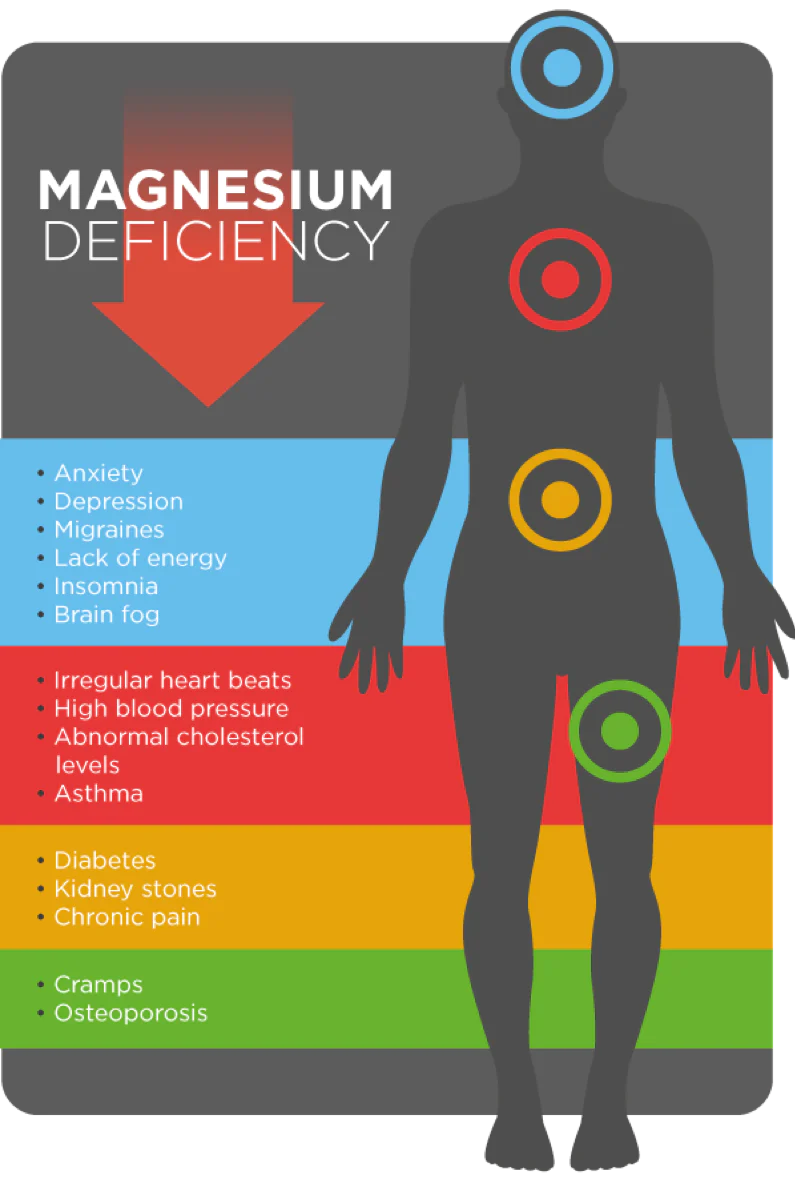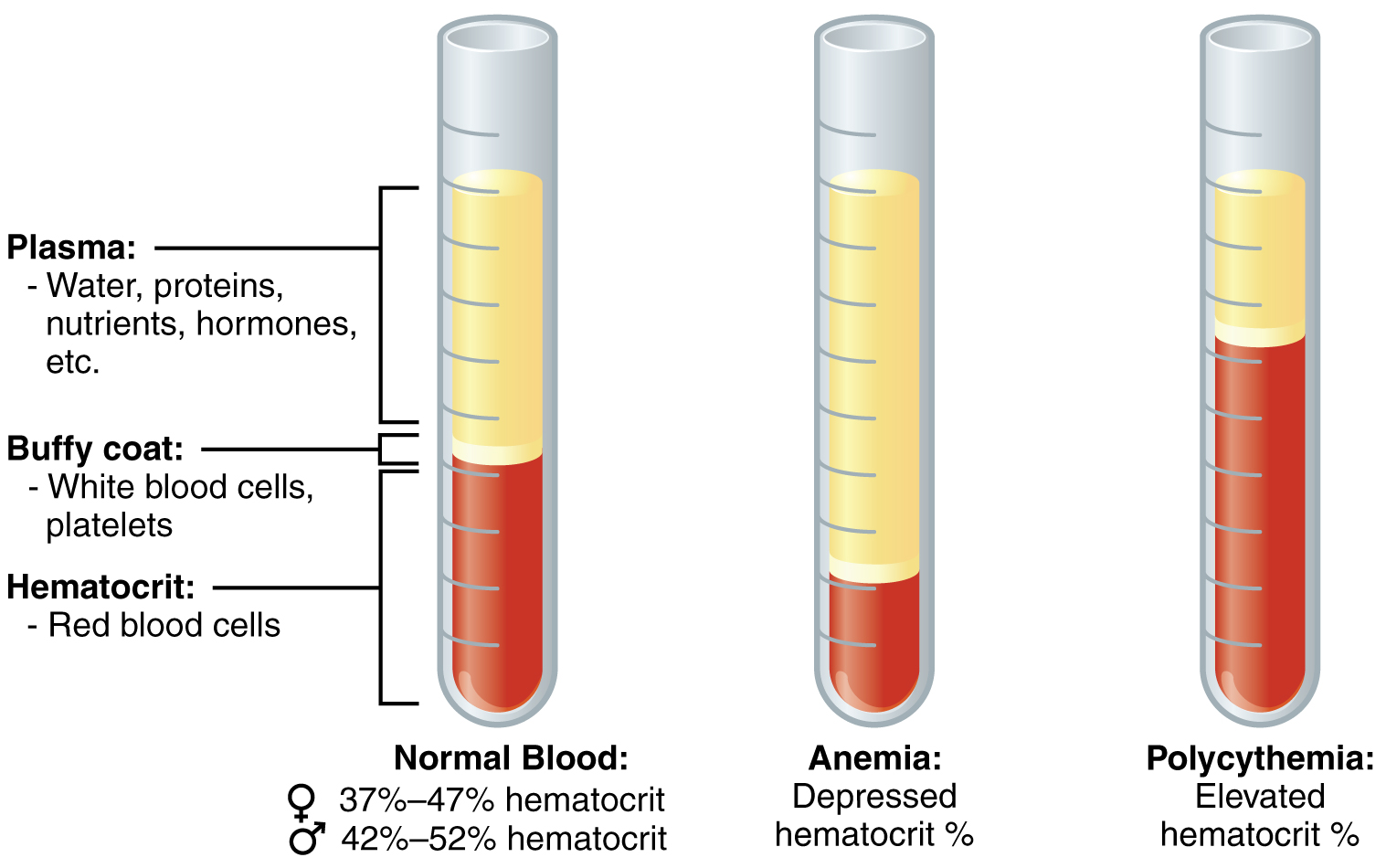
Key facts
- Magnesium blood tests are used to find out if your magnesium levels are normal.
- There are many reasons why you might need a magnesium blood test.
- Your doctor will explain your test results.
What is magnesium?
Magnesium is a mineral. Your body needs some magnesium for healthy muscles, nerves, bones and blood sugar levels. It is essential for many processes in your body, such as:
- producing energy from food
- maintaining your blood pressure
- helping your cells absorb potassium and calcium
Most of the magnesium in your body comes from the food you eat. Foods high in magnesium include:
- green vegetables, legumes and beans
- nuts and seeds
- wholegrains
- some shellfish
Most people get enough magnesium from their diet, so talk to your doctor before taking magnesium supplements.
About one-third of the magnesium in your body is on the surface of your bones. The rest of the magnesium is in your muscles and soft tissues. Only a very small amount of magnesium is in your blood, about 1%.
Why do I need a magnesium blood test?
Your doctor might want to test your magnesium levels if you:
- are older
- drink a lot of alcohol
- have a poor diet or an eating disorder
- have uncontrolled diabetes
- have a gastrointestinal disorder such as Crohn’s disease
- have ongoing diarrhoea
- have been using diuretics (medicines that make you urinate – wee) for a long time
Diuretics as also known as fluid tablets.
How do I prepare for a magnesium blood test?
Sometimes you may need to fast (not eat) overnight.
Some medicines can affect your magnesium levels. Tell your health care provider about any prescription and over-the-counter medicines you are taking.
It’s best to check with your doctor or the pathology collection centre. Ask them if there is anything you need to do before having your blood test.
How will this test be taken?
A blood sample will be taken from a vein in your arm. Sometimes you may have to give a urine sample as well.
What do my results mean?
It’s important to remember that a result outside the normal range might not mean that you have a health problem.
Low levels of magnesium may be caused by:
- not enough magnesium in your diet
- losing magnesium from your stomach
- not absorbing enough magnesium from your intestines
- your kidneys removing too much magnesium
High magnesium levels may be seen with:
- kidney failure
- hyperparathyroidism (a condition where there is too much hormone coming from your parathyroid glands)
- hypothyroidism (underactive thyroid)
- use of medicines, such as antacids or laxatives, that contain magnesium













